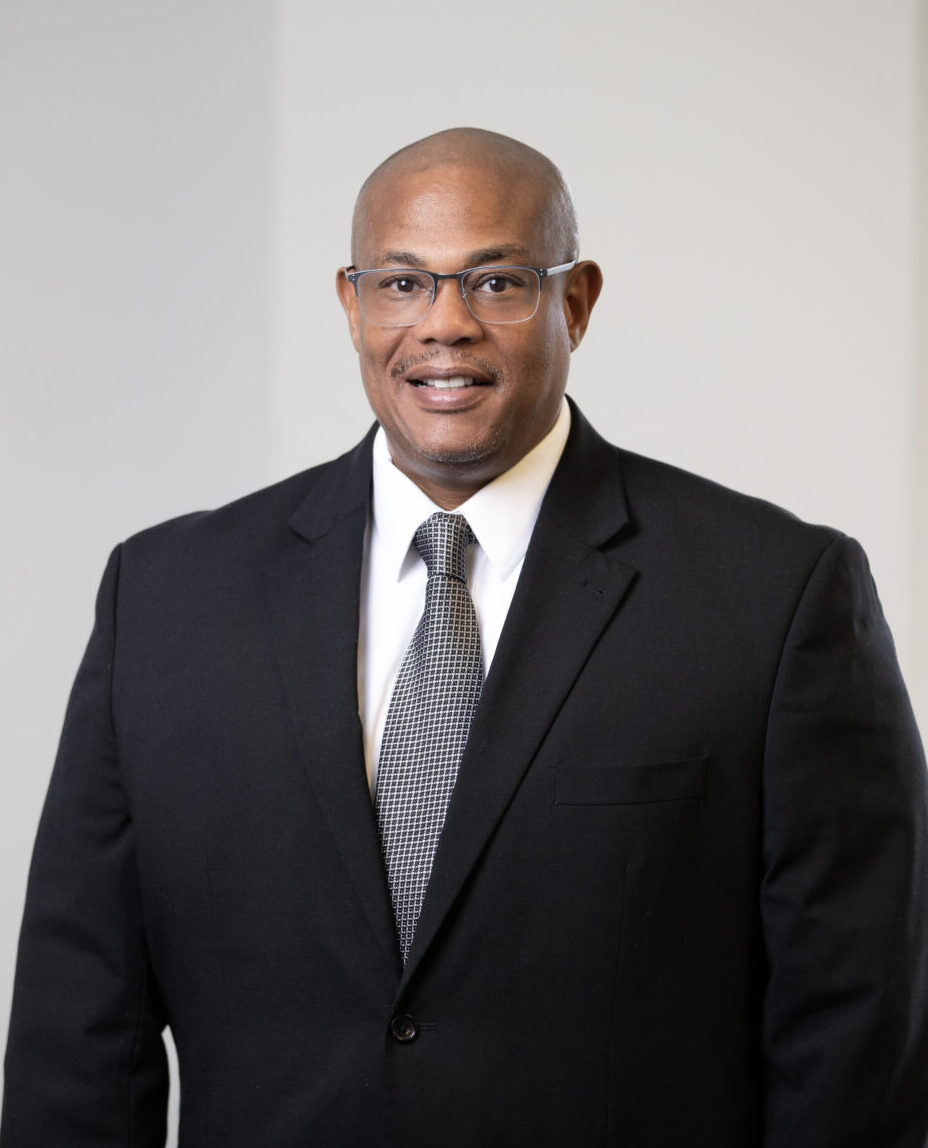A Q&A with Bert G. Springer, Director of Project Management for Jair Lynch
By Abdi Tolessa
Introduction
Leadership is a crucial component of any successful workforce. It’s more than just overseeing tasks—it’s about offering guidance and a compelling vision for the future. This is precisely how Bert G. Springer of Jair Lynch Real Estate Partners exemplifies leadership. From his early days as a combat engineer to his current role as Director of Project Development, Bert’s leadership has been consistently recognized and appreciated. In today’s blog, I had the pleasure of speaking with Bert about his journey, both personal and professional, and the sources of his leadership skills. Without further ado, let’s dive into our conversation.
Tell us who you are

My name is Bert Springer. My family is Afro-Latino, from Panama. I’m the first generation to go to Washington D.C. Growing up in this city, you’re exposed to many different cultures & people. I had to absorb a lot of that. I’m like everyone else in this area, a blend of different cultures.
Tell us about your role and responsibilities as Jair Lynch
I’ve been with Jair Lynch since September of 2023. I came on board with the goal of creating a capital expenditure department within the firm. While I’m technically part of the development team, the bulk of my work is with Jair Lynch’s asset management team, overseeing all capital projects. My role aims to protect each asset and provide operational feedback to the property teams, as well as provide guidance to the asset managers, when the property teams are submitting requests of mechanical or CapEx nature.
You started your career as a combat engineer in the military. What are some traits of being a combat engineer that have helped you progress in your real estate career?
My specific job function in the military involved building and demolishing bridges. One of the most impactful aspects of that experience was my interaction with military generals. Naturally, everyone was nervous when generals were on-site, as they were not typically in the field. However, when they did visit, they made it a point to engage directly with us. As a private, I remember generals personally thanking me for my work and explaining that without enlisted soldiers, they couldn’t fulfill their roles. Other officers, like lieutenants, also sought our direct feedback to ensure we had the necessary resources and were treated well. They understood that the military’s success depended on investing in and caring for its people.
This principle holds true in real estate or any other industry. Whether it’s a CEO or CFO, if you don’t invest in your employees and support them, your organization won’t thrive. You’ll end up with people who are just there to collect a paycheck. The distinction between managers and leaders is critical here. Managers ensure tasks are completed, while leaders provide vision and inspiration. Good leadership is about more than just overseeing work—it’s about caring for and investing in your team to ensure the success of the entire organization.
At the start of your commercial real estate career, what were you hoping to accomplish?
Initially, my goal was simply to survive. I didn’t intentionally set out to enter the commercial real estate industry—I sort of stumbled into it. However, as time went on, I had a few mentors who recognized potential in me and kept inviting me into important meetings. I would say my superpower is absorbing information, and they seemed to notice that. At first, it was frustrating because I had specific tasks to complete and didn’t understand why they kept pulling me away from my work. It often put me behind schedule. But in hindsight, I realize they were exposing me to high-level discussions and strategic conversations that have become invaluable reference points for me now. Essentially, they were shaping me for future leadership roles.
What advice do you have for students seeking to one day become leaders in their fields?
My advice is to embrace every learning opportunity, even if you don’t see its immediate relevance. Many lessons come full circle, and experiences you gather now will prove valuable later. Feedback from various conversations and opportunities to share your experiences will shape your growth. Importantly, mentorship doesn’t have to come from someone older or more experienced. Having mentors with diverse perspectives is incredibly beneficial. Seek out people who think differently and learn from them. This diversity of thought will broaden your understanding and enhance your leadership capabilities.
You’ve earned a long list of certifications and affiliations. What do you think is the importance of having them?
Each certification and affiliation opens up new opportunities. Whether it’s attending courses, sitting in a room with experts, or continuing your education, you’re surrounded by like-minded individuals who are also seeking knowledge. This environment fosters valuable dialogues about current trends, ongoing developments, and historical context in various fields. While we all need to pay our bills, prioritize gaining information first. Gather as much knowledge and experience as possible. With that foundation, the titles, positions, and salary will naturally follow. Focus on learning and growth, and the rest will take care of itself.
What do you enjoy most about your work?
What I enjoy most is the unpredictability—there is no average day for me. Working with CapEx, the nature of the business is inherently dynamic. Each day brings new challenges and different problems to solve. I thrive on being the go-to person when someone faces an issue or a roadblock. The opportunity to assist and alleviate these obstacles is what I love about my job. It’s incredibly rewarding to be able to step in and make a difference in overcoming challenges.
Based on your lengthy career, what advice would you give to students and young professionals on how to maximize their success in your field?
Similar to what you’re doing now, having internships and seeking information. Your generation has a significant advantage with access to vast amounts of information through social media and the internet. You can learn about almost anything on platforms like YouTube. Use these resources to research careers and ensure they align with your interests. Spend time exploring whether a particular environment suits you. Nowadays, if you wake up and decide you want to be an astronaut, you can instantly find a wealth of information about such a career on your phone. Utilize these resources to figure out what you want to do in life. Leverage the tools at your disposal to gain knowledge and clarity about your career path.
Conclusion
Bert’s diverse background has equipped him with a distinctive approach to leadership. His insights on the differences between a leader and a manager, the value of modern learning, and the importance of internships and affiliations highlight the breadth of his experience. His journey has provided him with invaluable knowledge and perspective. It was a pleasure to chat with Bert, and I look forward to seeing the impact he will continue to make at Jair Lynch Real Estate Partners.
If you enjoyed this Q&A, be sure to let us know via our LinkedIn and be sure to follow us for more insights.

ABOUT ME
Hello! I am Abdi Tolessa, and I am fortunate to be working with Jair Lynch through Urban Alliance’s Alumni Internship for the summer of 2024. In this blog, I had the opportunity to speak with Bert Springer about his views on leadership. Beyond leadership, I also gained valuable insights into adaptability. Bert emphasized the importance of learning and growing in unexpected ways and using that growth to support yourself. His advice taught me that even when things don’t go as planned, it’s not necessarily a setback. It’s how you leverage what you’ve learned that truly drives your growth.
If you want to stay updated with my blogs and career, follow me on LinkedIn and reach out for any stories you would also like to see.


